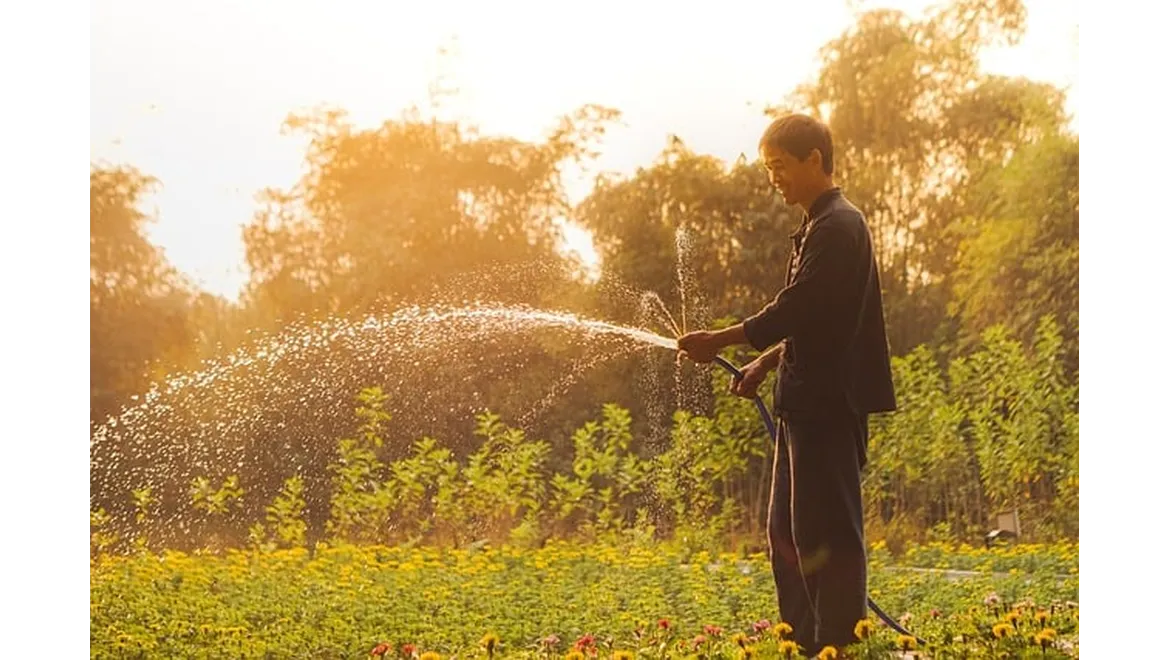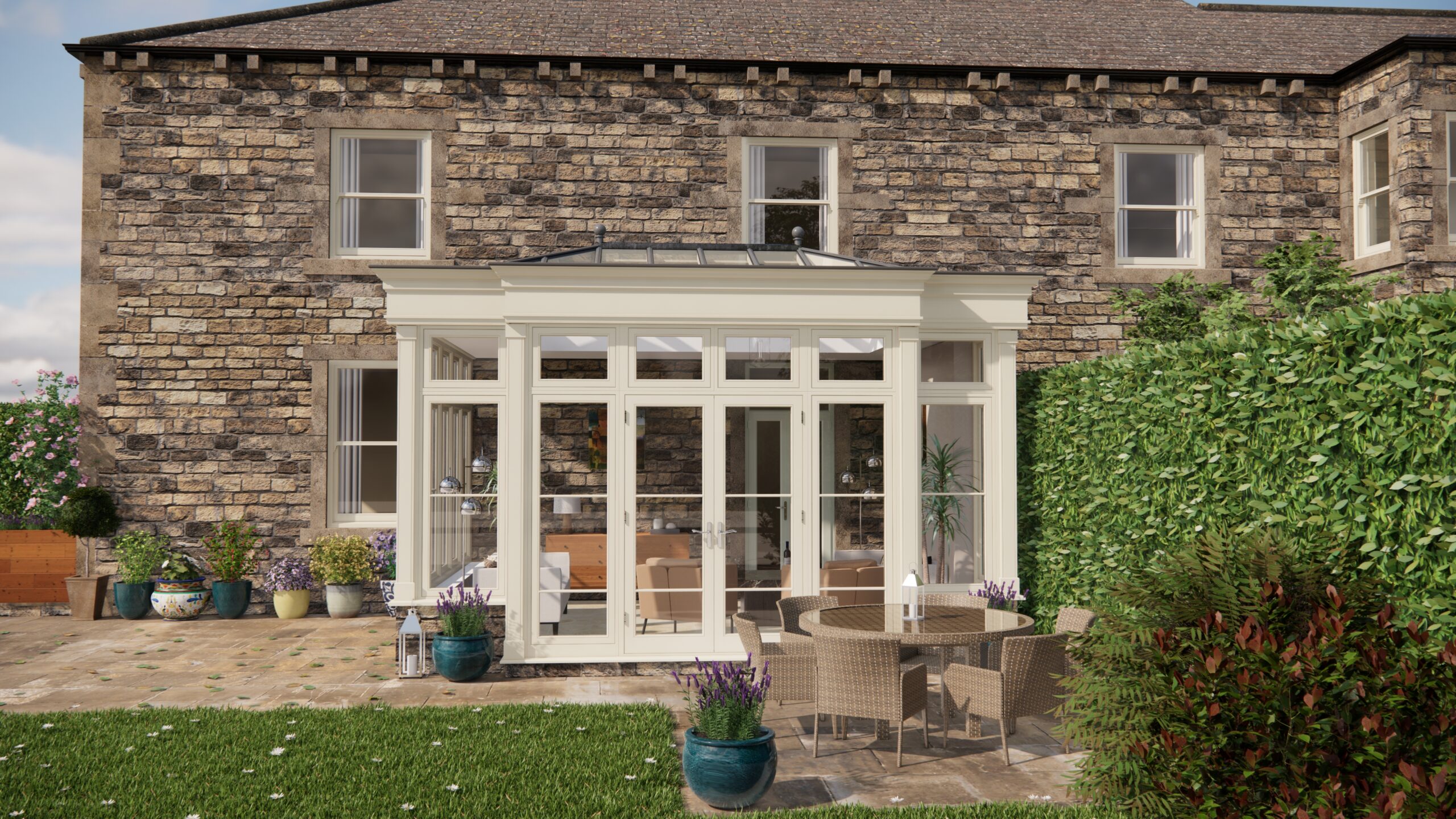For years, I poured over gardening magazines, captivated by images of vibrant borders, lush lawns, and the serene elegance of orangeries blending seamlessly with the outdoors. Articles detailing the intricacies of shrub selection, the challenges of battling slugs, and the sheer joy of a homegrown tomato filled my weekends. But it wasn’t until I truly embraced the therapeutic side of gardening that it blossomed into something truly special.
It started subtly. Feeling overwhelmed by the pressures of city life, I stumbled upon an article discussing the mental health benefits of allotment ownership. It spoke of stress reduction, improved mood, and the simple pleasure of connecting with nature. Intrigued, I applied for a plot. The waiting list was daunting, but the seed had been sown.
Finally, after what felt like an eternity, my name came up. My allotment was…well, let’s just say it needed work. Overgrown with weeds, the soil compacted, it looked more like a building site than a garden. But staring at that patch of earth, I felt a surge of something I hadn’t felt in ages: hope. This was my chance to create something, to nurture life, and maybe, just maybe, to nurture myself in the process.
My early gardening attempts were, to put it mildly, haphazard. I followed online guides religiously, reading about companion planting (basil near tomatoes, apparently a match made in heaven!) and soil preparation (lots of digging and compost!). I learned the hard way that bindweed is the enemy, and that slugs have an insatiable appetite for anything green. There were failures, plenty of them, but each failure was a lesson learned.
Slowly, painstakingly, the allotment began to transform. Rows of seedlings sprouted, vegetables ripened, and the once-barren earth burst with life. I found myself spending hours there, lost in the rhythm of weeding, planting, and watering. The physical activity was a welcome antidote to my desk job, and the fresh air and sunshine did wonders for my mood.
But the most profound benefit was the mental clarity gardening provided. As I dug in the soil, my worries seemed to melt away. The simple act of tending to plants focused my mind, pushing out the anxieties and stresses of daily life. It was a form of meditation, a chance to be present in the moment and appreciate the beauty of the natural world. I found myself sleeping better, feeling calmer, and approaching life with a renewed sense of energy and optimism.
Beyond the physical and mental benefits, gardening also fostered a sense of community. I joined a local gardening club, attending workshops on everything from pruning roses to building raised beds. I swapped tips and seedlings with fellow gardeners, sharing our successes and commiserating over our failures. The camaraderie was invaluable, a reminder that I wasn’t alone in this journey.
Inspired by my allotment adventures, I began to explore ways to bring the therapeutic benefits of gardening into my own home. I added a small greenhouse to my garden, extending the growing season and providing a sheltered space for nurturing delicate plants. I even started dreaming of an orangery, a light-filled haven where I could escape the winter blues and surround myself with greenery year-round. The idea of a space that seamlessly blends indoor and outdoor living, filled with fragrant herbs and vibrant flowers, felt like the ultimate expression of my newfound love for gardening and its restorative power.
One tip I’ve found particularly helpful is to create a ‘sensory garden’ area. Focus on plants that engage your senses – fragrant lavender, soft lambs’ ear, visually stunning alliums. This adds another layer of therapeutic benefit, encouraging mindfulness and relaxation. Another idea is to grow your own herbs, even if it’s just a small window box. The act of tending to them, and then using them in your cooking, is incredibly rewarding and grounding.
My journey into gardening hasn’t just been about creating a beautiful space; it’s been about cultivating a healthier, happier me. The physical activity, the mental clarity, the sense of community – all have contributed to a profound sense of wellbeing. It has given a space to relax, breathe and focus on the things that matter. So, pick up a trowel, get your hands dirty, and discover the therapeutic magic that awaits in your own garden.


